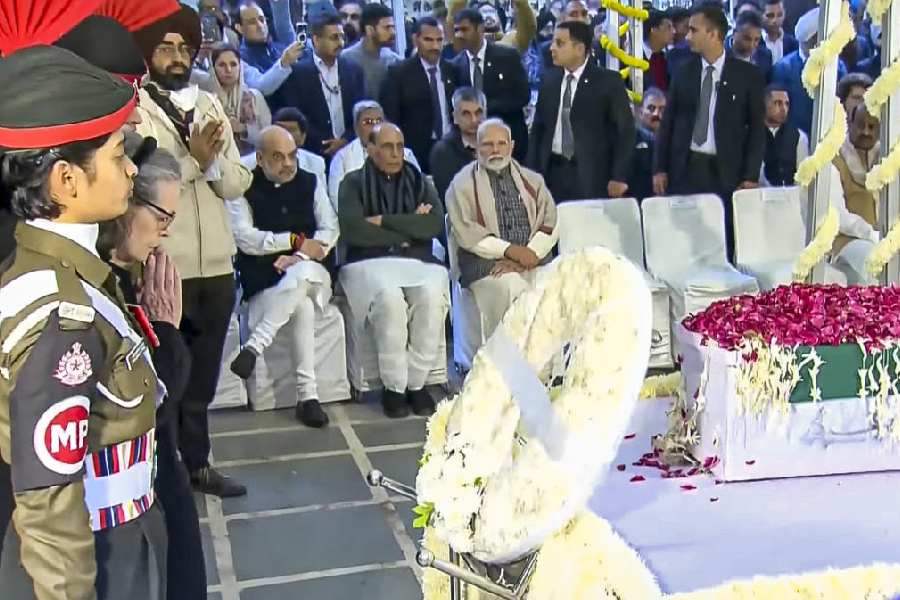There is more to Sikkim than can possibly meet our eyes. History has sparingly recorded this Himalayan state where an inhuman system called ‘kalo bhari (black load)’ prevailed during the colonial times. With the British Trade Agency joining hands with local landlords, it was customary to send at least one male member from each family to carry a colossal load of salt to Tibet via the Silk Route. It was a treacherous journey made in inclement weather. Many perished en route; others came backto live a handicappedlife.
The Sikkim Repertory Company of the National School of Drama, which has been playing the role of the state’s cultural ambassador to near perfection over the last decade, recently worked on Shankar Deo Dhakal’s 2009 novel, Kalo Bhari, to mount a spectacular drama. Translated by C. K. Shrestha and dramatised by Asif Ali, Kalo Bhari lifts the veil on the historical past of Sikkim and sensitises the audience about this form of slavery that persisted in collusion between the British traders and their local cohorts — the kajis, to be precise.
Bipin Kumar, the director, leaves no stone unturned in transforming this engaging tale of human bondage into a human document. Kumar has roped in Sanchayan Ghosh to design a multi-layered set that utilises the rich tapestry of local fabric and leaves enough room for negotiating a challenging terrain. Neatly choreographed and adequately lit, Kalo Bhari narrates the saga of the family of Saaila and Saaili (who keep coming back as apparitions), whose descendants were routinely exploited by the system till the struggle for Indian independence swept the land. Bharat, born in this family, was sent to Darjeeling to study in a public school. Eventually, he lands in Varanasi, gets involved in the nationalist movement, and carries it back to Sikkim to raise an agitation against the kalo bhari system.
Kumar marshals a huge army of competent actors, mixes romance with violence, plays with pathos and tragedy to churn out a drama steeped in the culture of Sikkim, yet modern in approach and execution.











